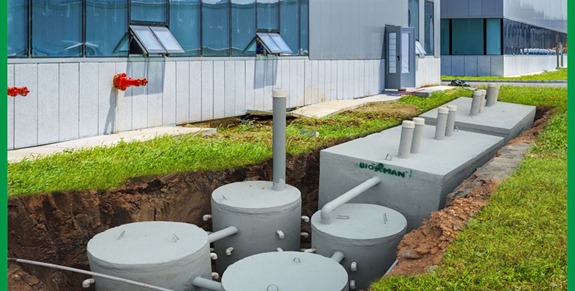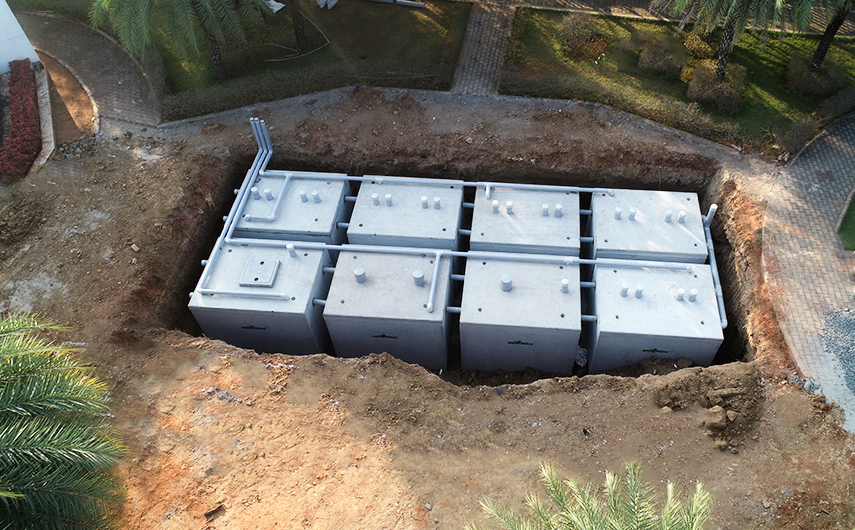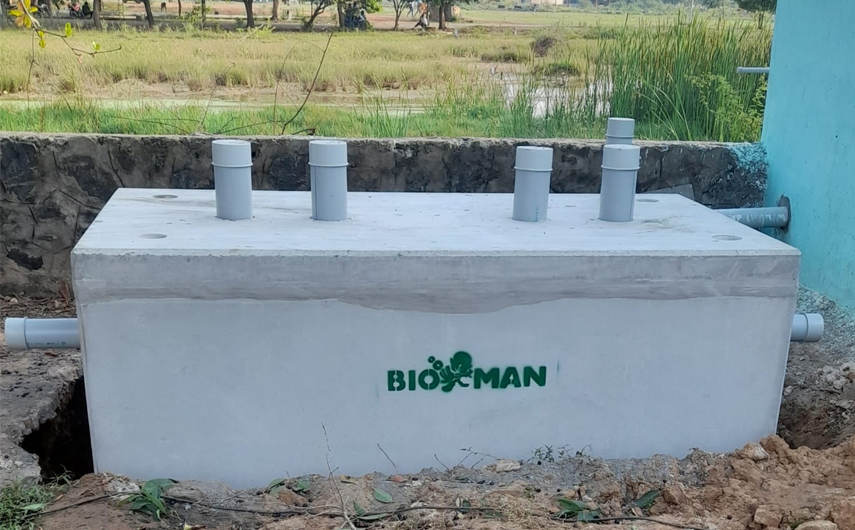Comprehensive Guide: Understanding Biodigester Septic Tanks
In today's world, where sustainability and eco-consciousness are becoming increasingly important, traditional septic systems are being challenged by more environmentally friendly alternatives. One such alternative gaining traction is the biodigester septic tank . If you're considering upgrading your septic system or simply want to learn more about sustainable waste management solutions, you've come to the right place. In this comprehensive guide, we'll delve into everything you need to know about biodigester septic tanks.What is a Biodigester Septic Tank?
A biodigester septic tank is an innovative system designed to treat and dispose of organic waste in a sustainable and eco-friendly manner. Unlike conventional septic tanks that rely on anaerobic digestion, biodigesters utilize a process called aerobic digestion, which involves the breakdown of organic matter by microorganisms in the presence of oxygen.
How Does it Work?
The operation of a biodigester septic tank involves several key components. Organic waste from toilets, sinks, and drains is directed into the tank, where it undergoes decomposition through microbial action. Unlike traditional septic tank , which require periodic pumping to remove accumulated sludge, biodigesters promote continuous decomposition, minimizing the need for maintenance.
As organic matter breaks down, biogas (a mixture of methane and carbon dioxide) is produced. This biogas can be captured and used as a renewable energy source for cooking, heating, or electricity generation. Additionally, the treated effluent can be safely discharged into the soil or reused for irrigation, reducing the environmental impact of wastewater disposal.
Advantages of Biodigester Septic Tanks
-
Environmental Sustainability:
Biodigesters offer a more sustainable
alternative to conventional septic systems by reducing
greenhouse gas emissions and minimizing groundwater
contamination.
Renewable Energy Generation: The biogas produced during the digestion process can be harnessed as a clean and renewable energy source, reducing reliance on fossil fuels.
Low Maintenance: Biodigester septic tanks require less maintenance compared to traditional systems, as they promote continuous decomposition of waste without the need for periodic pumping.
Space Efficiency: Biodigesters are typically smaller in size than conventional bioseptic tank , making them ideal for properties with limited space or in densely populated areas.
Considerations Before Installation
Before installing a biodigester septic tank, there are several factors to consider:
-
Soil Conditions:
The suitability of soil for effluent
absorption should be assessed to ensure proper treatment
and disposal of wastewater.
Local Regulations: Familiarize yourself with local regulations and permitting requirements for the installation and operation of biodigester septic tanks in your area.
Maintenance Requirements: While biodigesters generally require less maintenance than traditional septic systems, regular inspection and servicing may still be necessary to ensure optimal performance.




